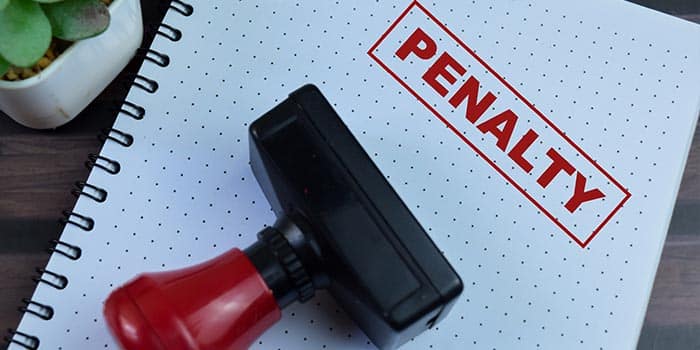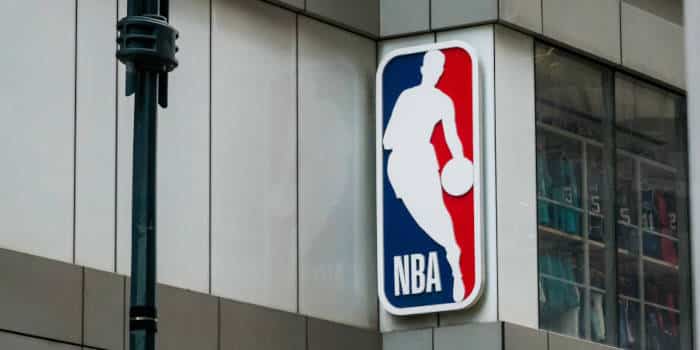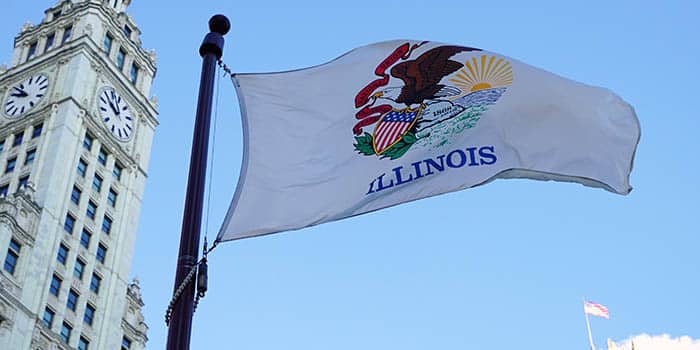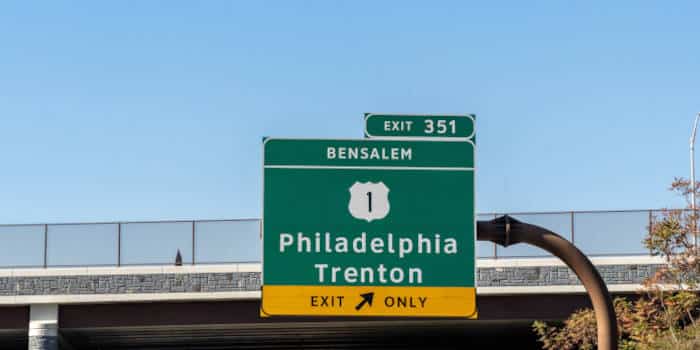- Casino
- By State
- Alabama
- Alaska
- Arizona
- Arkansas
- California
- Colorado
- Connecticut
- Delaware
- Georgia
- Florida
- Hawaii
- Idaho
- Illinois
- Indiana
- Iowa
- Kansas
- Kentucky
- Louisiana
- Maine
- Massachusetts
- Maryland
- Michigan
- Minnesota
- Mississippi
- Missouri
- Montana
- Nebraska
- Nevada
- New Hampshire
- New Jersey
- New Mexico
- New York
- North Carolina
- North Dakota
- Ohio
- Oklahoma
- Oregon
- Pennsylvania
- Rhode Island
- South Carolina
- South Dakota
- Tennessee
- Texas
- Utah
- Vermont
- Virginia
- Washington
- West Virginia
- Wisconsin
- Wyoming
- By State
- Slots
- Poker
- Sports
- Esports
Independent Study Recommends Cap on Deductions for Sportsbooks

A leading independent tax policy nonprofit, the Tax Foundation, released a report last week, evaluating the efficiency of different state’s approaches to sports betting taxation.
Deductions Lead to Lower Effective Tax Rate
Industry official data provided by the American Gaming Association (AGA) shows 21 US states and D.C. are currently offering legal wagering on sports, with another ten already legalized sports betting but still to go live with sportsbooks, and the report considered tax policies in 18 of those already operational.
The report revealed that in the states of Colorado, Michigan, Pennsylvania and Virginia, the effective rate of sports betting tax was much lower than the nominal one. In some cases, it’s even less than half due to the allowance for operators to deduct expenses they made for promotions such as bonus offers and free bets.
Three out of the quartet, Colorado, Pennsylvania and Virginia, also exclude Federal Excise Tax from the taxable liability of sports betting operators, while Virginia even has provisions for losses, and according to Ulrik Boesen, the senior policy analyst behind the report, all these deduction allowances make it challenging for future revenue projections.
Pennsylvania law taxes sports betting operators with 36% but deductions lowered that rate to 25.4% so far. In Colorado and Michigan, the study established the effective sports betting tax rate to be 4.47% and 3.28%, lowered from 10% and 8.4%, respectively, leaving both states with less than half from what lawmakers provided for. Virginia collected so far just above a third of the 15% stated in the law, 5.14%. Considering the effective tax rate achieved by these states, Boesen recommended lawmakers in states yet to legalize wagering on sports to implement a cap on deductions.
“States that do levy a tax with deductions should consider some cap if the tax is supposed to raise revenue for dedicated spending. Without a cap, sports betting operators could theoretically eliminate their tax liability completely, and it does not necessarily impact proceeds.”
Ulrik Boesen, Senior Policy Analyst, Excise Taxes, Tax Foundation
Higher Tax Rates Do Not Lead to Higher Revenue
Referring to those lawmakers who are currently considering sports betting legislation, Boesen outlined that the level of economic growth is not necessarily correlated to the level of levy applied to sportsbooks, as “the 5 states with the highest handle per capita all have relatively low tax rates.”
Another issue considered by the report was the Federal Excise Tax, and while a tax policy which allows incumbents deductions of a federal excise tax for a state’s excise tax is relatively rare, it may actually be the right move when considering sports betting, Boesen noted, as it increases “the chance of a successful betting market.”
Introduced in 1951 to help deter illegal sports betting, the Federal Excise Tax is believed to be putting the legal market at a disadvantage to offshore operators, allowing illegal operators to offer customers more attractive lines. The tax removal became one of the key agenda points of the AGA, and earlier this year a bill for the tax repeal was filed in Congress.
With 5+ years of experience as an analyst, Julie—affectionately known as 'Jewels' in the office—has quickly become our go-to expert in the forex and cryptocurrency space. Her keen attention to detail and deep understanding of the industry make her an invaluable asset. Julie's expertise and enthusiasm have made her the top choice to co-pilot educational initiatives alongside Mike, bringing knowledge to the masses.
Must Read
More Articles





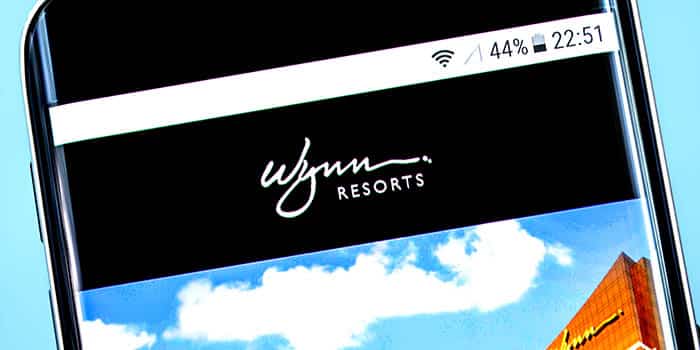
Casino
June 30, 2025
Wynn COO Vows Change Amid Ongoing Regulatory Pressure
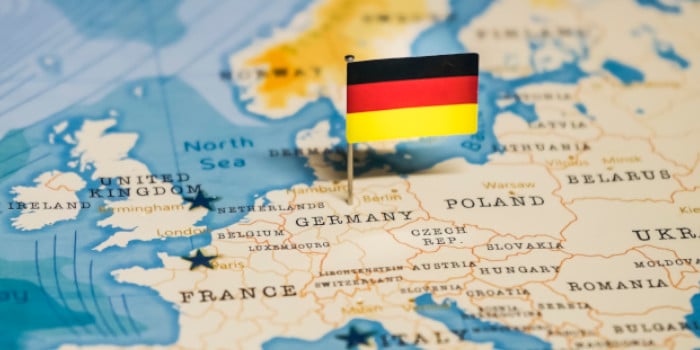
Casino
June 30, 2025
DIMOCO Enters Germany iGaming Market with Neo.Bet

Casino
June 30, 2025
Man Admits to Laundering Cocaine Money Through Casinos

Industry
June 27, 2025
Las Vegas Sphere Bashed for Charging $170 for Pizza
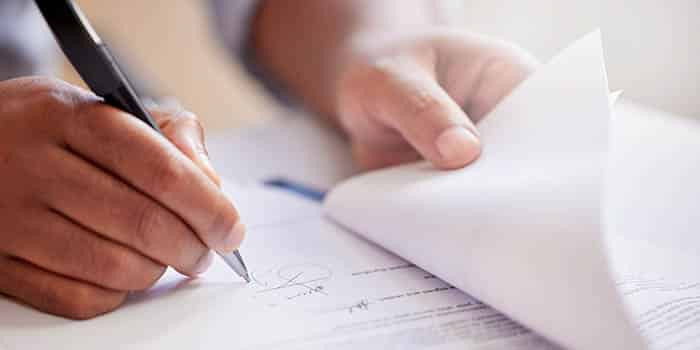
Casino
June 27, 2025
MGM Yonkers Files $2.3B New York Casino License Bid


